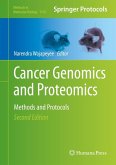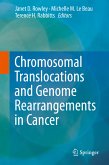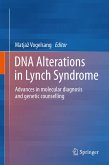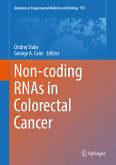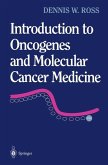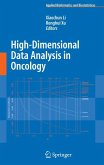Dieser Download kann aus rechtlichen Gründen nur mit Rechnungsadresse in A, B, BG, CY, CZ, D, DK, EW, E, FIN, F, GR, HR, H, IRL, I, LT, L, LR, M, NL, PL, P, R, S, SLO, SK ausgeliefert werden.
"I am quite impressed with the scope of the effort, the excellent writing, and the sharp and accurate critique over a broad area of modern oncology practice and research. Frankly, I am not aware of many scientists who could synthesize both the basic and clinical material, and lucidly depict the implications in such a compelling manner". (Neil Caporaso, M.D., Chief, Pharmacogenetics Section, Genetic Epidemiology Branch, Division of Cancer Epidemiology and Genetics, National Cancer Institute, MD.)
From the reviews:
"Dr Faguet's approach is not unlike an analysis of the so-called industrial military complex....a complex consisting of the federal government, pharmaceutical drug companies and academia-all have a part of the pie and therefore a reason for maintaining the status quo. Insurance companies, regulatory agencies such as the FDA, and patients themselves add further layers of complexity. Faguet walks through all of these areas in a critical but unemotional manner... His book should be of interest to policy-makers, cancer-care workers, and the public at large". (Gerald E. Marti, M.D., Ph.D. Chief, Flow and Image Cytometry Section, Laboratory of Stem Cell Biology, National Institutes of Health MD.)
From the reviews:
"I think your book will be a valuable corrective to much of the hype that has been splashed around in greater and greater quantities by the cancer establishment as it tries to stifle the message that it has failed to make much of an impact" (John C. Bailar, M.D., Ph.D., Former Deputy Associate Director for Cancer Control, National Cancer Institute; Former Editor-in-Chief of the Journal of the National Cancer Institute; Professor Emeritus, University of Chicago, IL.)
From the reviews:
"The War on cancer is a trenchant and provocative book that offers a critical view of the last four decades in the field of oncology and a vision for the future. To the mainstreamoncology community, I would commend it as a challenging treatise" (Randall Hughes ,Journal of the American Medical Association, June 2006)



